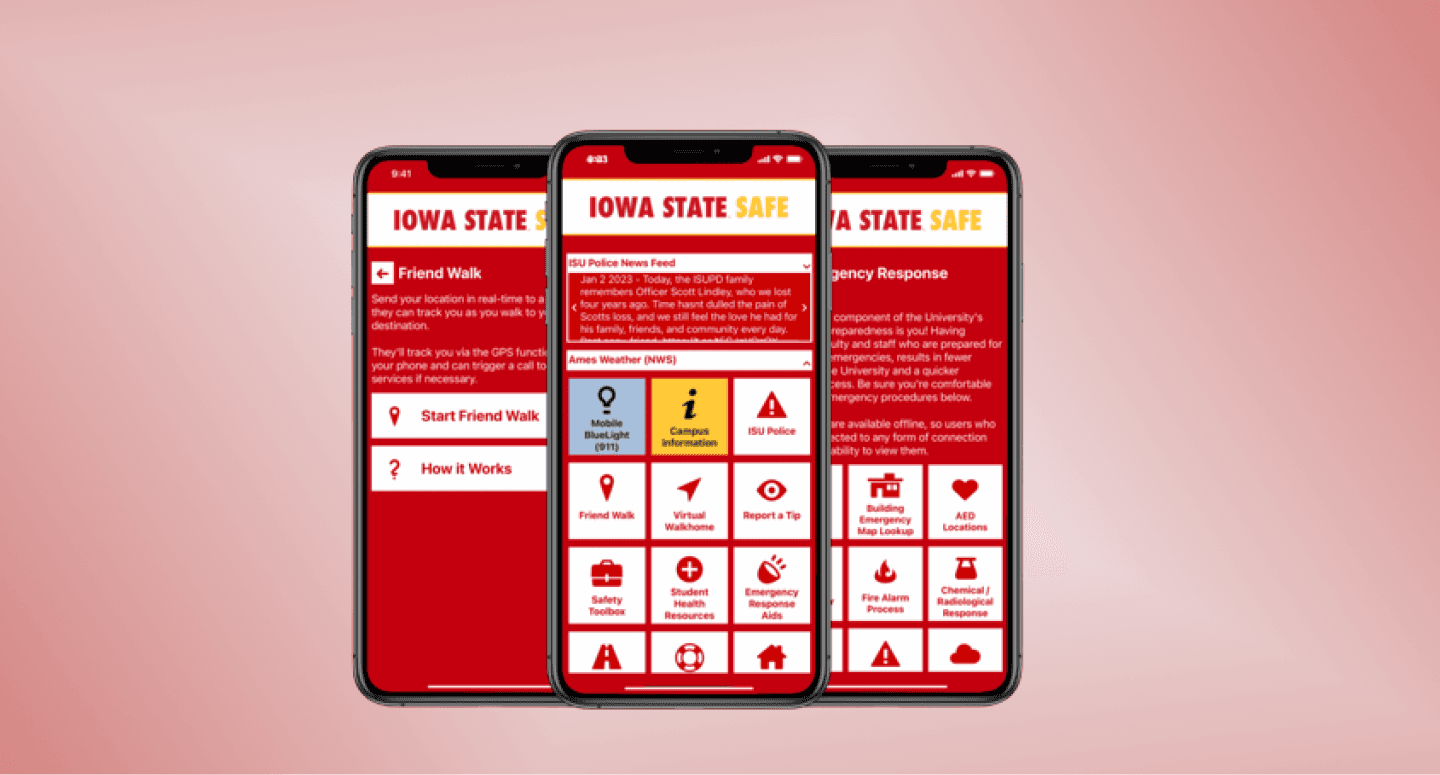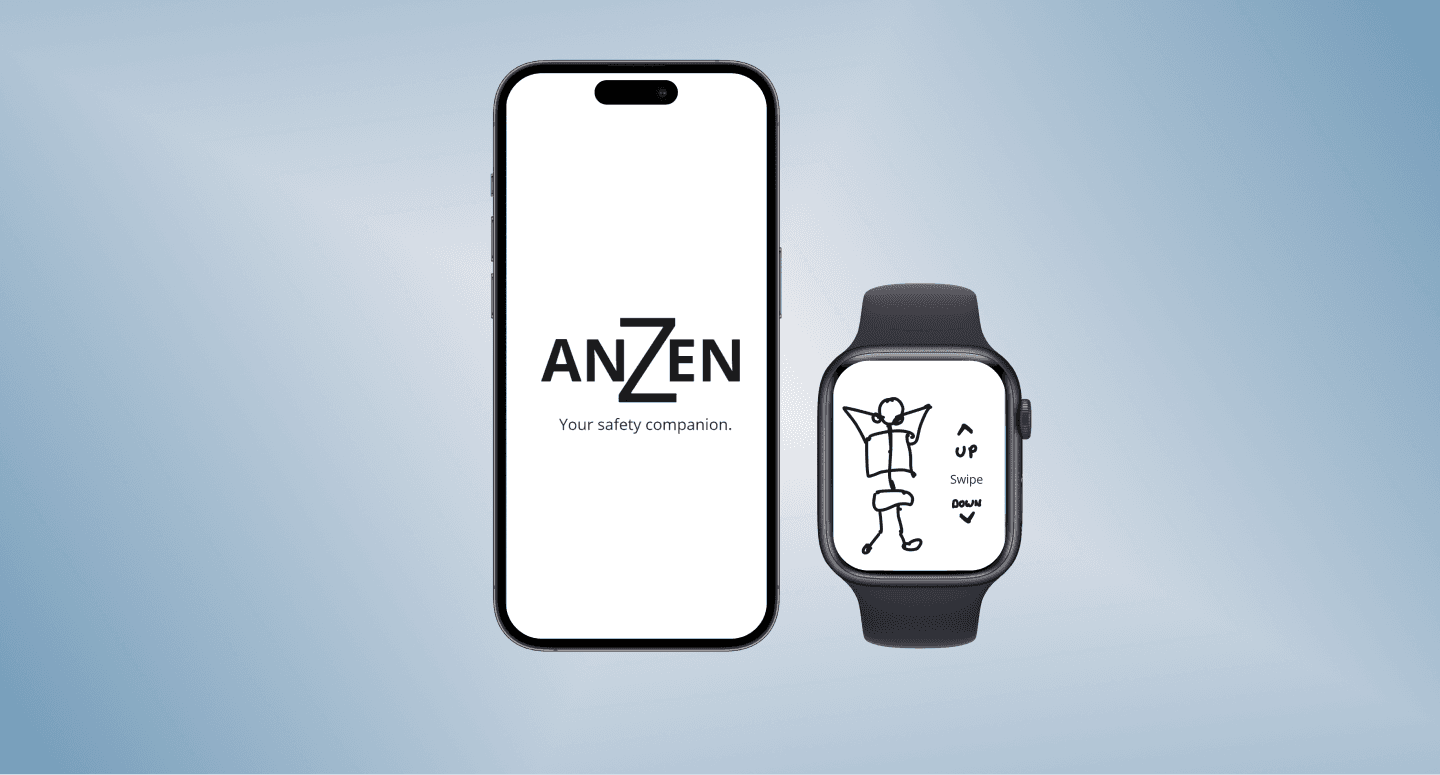YouTube Learn
Enhancing Online Learning

Work
YouTube Learn
Designed a new Learning Feature for YouTube to
enhance and Increase long-term learning.
As we delved into the project, we discovered that not only students but many working professionals today rely heavily on YouTube for learning, “How to video's “ as the platform is not design for learning as the main purpose . The goal was to create an intuitive learning process within YouTube, allowing users to effortlessly manage and track their learning progress while incorporating learning path and AI learning assistant .
Info
Role
UX Researcher
UX Designer
UI Designer
Team
Me
Duration
4 moths
Mentor
Debra Kumar
Problem
How might we provide long term learning on YouTube learn, for students, professionals and ameture learners with out distraction?
How might we provide long term learning on YouTube learn, for students, professionals and ameture learners with out distraction?
Outcome
How might we provide long term learning on YouTube learn, for students, professionals and ameture learners with out distraction?
PROTOTYPE
I prototype key interactions of a robust app that not only meets users where they are in their journey but also guides them towards personal growth.
These 6 prototyped workflows were critical for testing interactions and ensuring the processes, such as creating a journal entry, were intuitive and not overwhelming. Presenting these prototypes to my peers during class allowed me to gather immediate feedback. Ultimately, the prototypes helped establish key tasks to test the experience with users, guiding me toward a more user-friendly design.
PROBLEM SPACE
How might we help people achieve their goals while incorporating mindfulness practices to reduce mental stress and empower users on their path to personal growth?
Most often people who find themselves struggling with their mental health find it challenging to stay motivated and focused to achieve their goals or create better self-improvement practices due to the worries and pressure of their everyday life.
Often many make a plan to create habits or goals but often abandon them due to a lack of clarity they have in themselves or lacking a system for accountability. I wanted to explore ways to influence adults to develop healthier self-development habits.
PROJECT APPROACH
Over 14 weeks, I led the end-to-end human-centered design process for a mobile app aimed at increasing consistency in self-development practices for adults feeling lost.
My process focused on the new user onboarding journey and key tasks for experienced users, including home, profile, journal entries, insights, vision boards, and habits pages. This approach ensured a curated path to healthier habits and consistent self-development practices.
The project timeline included:
2 Weeks: User research, problem redefinition through affinity mapping, and strategizing solutions and key features.
2 Week: Mapping the user journey for new users and developing the app's information architecture.
5 Weeks: Delivering low and high-fidelity mockups and prototypes.
2 Weeks: User testing the prototype
3 Weeks: iterating on the six main pages and five task flows for the final deliverable
User Research
How might we help people achieve their goals while incorporating mindfulness practices to reduce mental stress and empower users on their path to personal growth?
Most often people who find themselves struggling with their mental health find it challenging to stay motivated and focused to achieve their goals or create better self-improvement practices due to the worries and pressure of their everyday life.
Often many make a plan to create habits or goals but often abandon them due to a lack of clarity they have in themselves or lacking a system for accountability. I wanted to explore ways to influence adults to develop healthier self-development habits.
results & findings
USER TESTING
I led 6 virtual user testing sessions to validate the core features and gather insights into the app’s usability to then inform the iteration process.
I user tested the high-fidelity prototypes on Figma, showcasing Ember’s major functionalities and user workflows to participants that fit the 'lost' user archetype.
The prototypes that were tested included detailed interactions for key features such as the onboarding process, journaling and routine building and logging. Participants navigated through the app’s main functionalities and provided feedback on the interface, design clarity, and feature relevance.
Challanges
Explore next
January 18th 2024
Initial release of Benton
Clean and minimalist Framer template with handcrafted blur effects as a striking eye-catcher. Enhance your portfolio or products with the added convenience of a toggle switch, seamlessly transitioning between light and dark mode.
Features:
7 Unique Pages (Home, Work, Case Study, About, Journal, Journal Single (CMS), Terms)
CMS Powered Blog
Toggle for light and dark mode
Components
Color and Text Styles
Code Override

